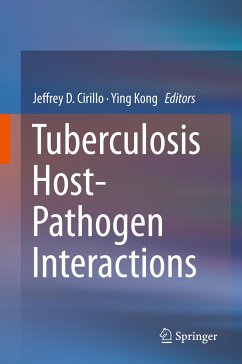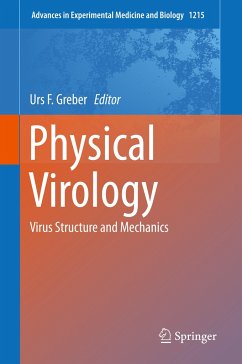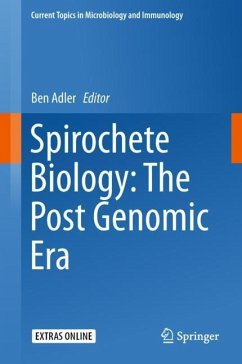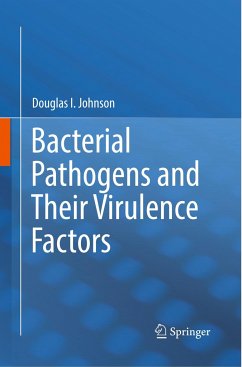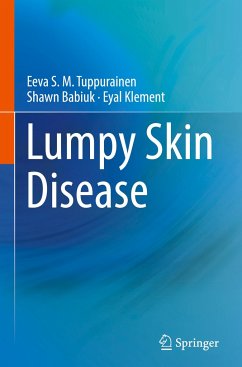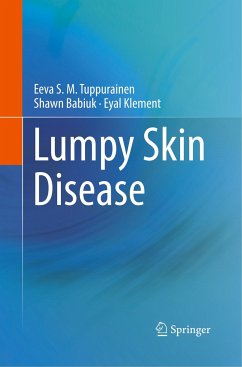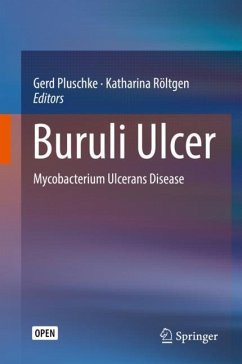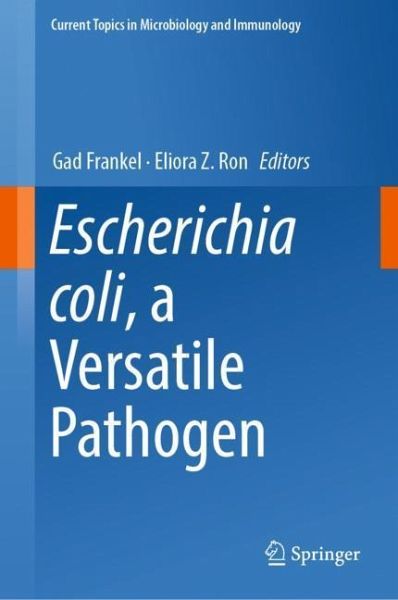
Escherichia coli, a Versatile Pathogen

PAYBACK Punkte
57 °P sammeln!
Escherichia coli is a facultative anaerobic Gamma-proteobacterium, which belongs to the family Enterobacteriaceae. While being an important constituent of the normal gut microbiota, specialized E. coli clones have acquired genetic elements that allow them to compete with the endogenous commensals, colonise normally sterile niches and cause disease. E. coli pathotypes can cause intestinal and extra intestinal infections (e.g. UTI, sepsis) and associate with mammalian cells while being extra- or intra-cellular. In recent years, E. coli infections have become a serious clinical problem, due to th...
Escherichia coli is a facultative anaerobic Gamma-proteobacterium, which belongs to the family Enterobacteriaceae. While being an important constituent of the normal gut microbiota, specialized E. coli clones have acquired genetic elements that allow them to compete with the endogenous commensals, colonise normally sterile niches and cause disease. E. coli pathotypes can cause intestinal and extra intestinal infections (e.g. UTI, sepsis) and associate with mammalian cells while being extra- or intra-cellular. In recent years, E. coli infections have become a serious clinical problem, due to the rapid spread of antibiotic resistance. Thus, infections with intestinal E. coli (e.g. E. coli O104) or extraintestinal pathogenic strains (e.g. E. coli ST131) are becoming difficult to treat and are often lethal. Consequently, there is a pressing need to develop alternative control measures, including the identification of new drug targetsand development of vaccines that offer lasting protection.
This volume focuses on several types of E. coli infections (intestinal and extraintestinal), virulence factors, and E. coli pandemics. It addresses the problem of antibiotic resistance, and a dedicated chapter discusses the need to develop alternative control measures. Given its depth and breadth of coverage, the book will benefit all those interested in the biology, genetics, physiology and pathogenesis of E. coli, and in related vaccine development.
This volume focuses on several types of E. coli infections (intestinal and extraintestinal), virulence factors, and E. coli pandemics. It addresses the problem of antibiotic resistance, and a dedicated chapter discusses the need to develop alternative control measures. Given its depth and breadth of coverage, the book will benefit all those interested in the biology, genetics, physiology and pathogenesis of E. coli, and in related vaccine development.



